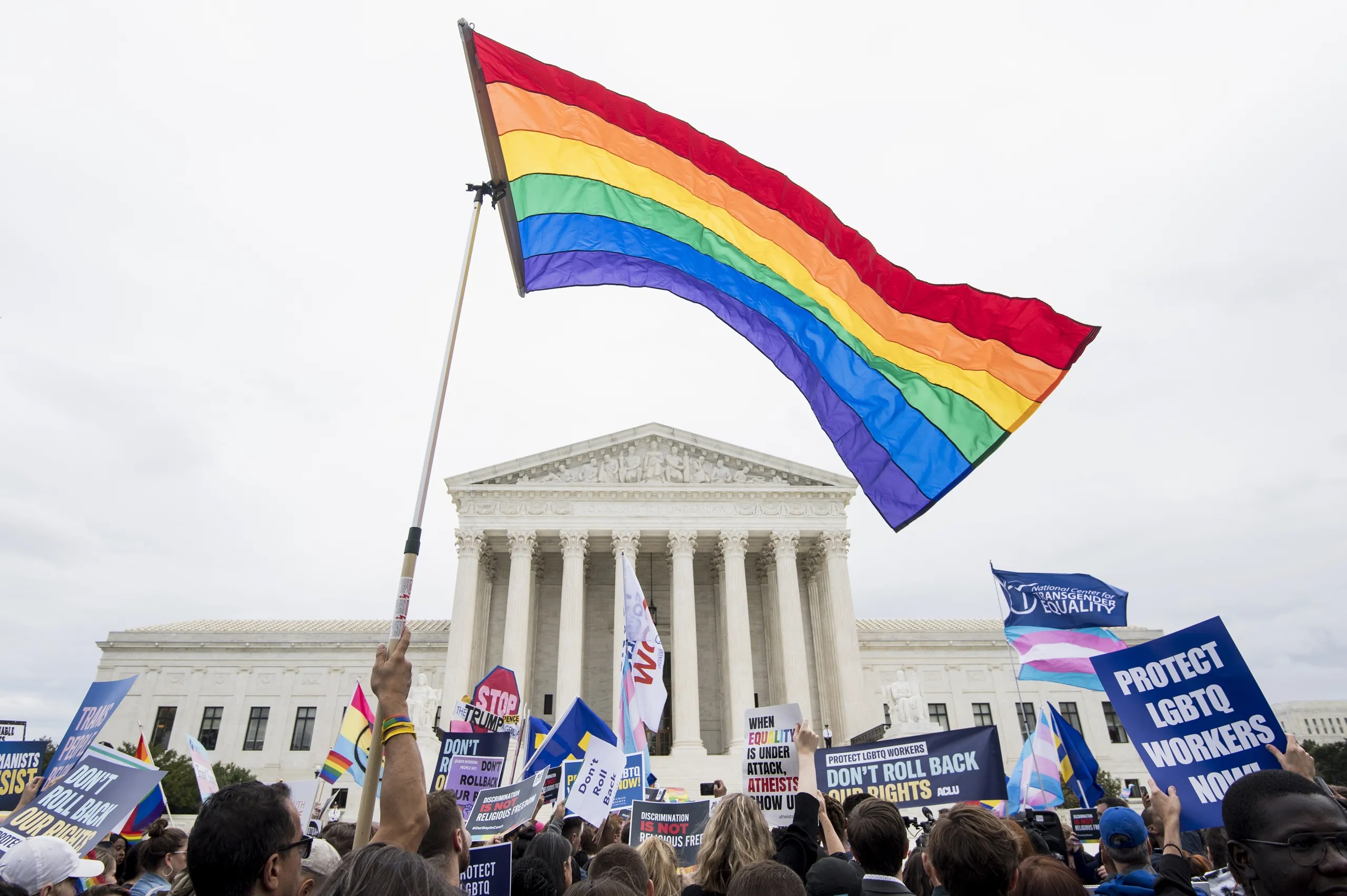Educations
Who Gets Saved? Ignoring the Systemic Abuse of LGBTQ+ Children
Who Gets Saved? Ignoring the Systemic Abuse of LGBTQ+ Children
The systemic abuse of LGBTQ+ children is a crisis that has been largely ignored by society. While there are a few cases that have received attention in the media, the majority of abuse goes unnoticed and unreported. This is a problem that needs to be addressed, as it not only harms the children who are directly affected, but it also perpetuates the cycle of discrimination and intolerance in our society.
The article “Who Gets Saved? Ignoring the Systemic Abuse of LGBTQ+ Children” by the Los Angeles Blade highlights the severity of this issue. The article discusses the case of a young boy who was forced into conversion therapy by his parents. Conversion therapy is a harmful practice that attempts to change a person’s sexual orientation or gender identity. It has been widely discredited by medical and mental health organizations and has been banned in several states. However, it is still legal in many parts of the United States.
The article goes on to explain that LGBTQ+ children are more likely to experience abuse, neglect, and homelessness than their heterosexual peers. They are also at a higher risk of suicide and self-harm. This is due in large part to the discrimination and stigma that they face from society. Many parents and caregivers of LGBTQ+ children are also not equipped to handle their child’s identity, which can lead to further abuse and trauma.
The article also points out that the education system is failing LGBTQ+ children. Many schools do not have policies in place to protect them from discrimination or harassment. Teachers and staff are often not trained on how to support LGBTQ+ students, and textbooks and curricula often do not include accurate information about LGBTQ+ history or issues.
The article argues that the systemic abuse of LGBTQ+ children is a human rights issue that needs to be addressed on a societal level. It is not enough to simply condemn individual cases of abuse or to provide support to individual victims. We need to work to change the cultural attitudes and institutions that perpetuate this abuse.
One solution that the article suggests is to implement policies and laws that protect LGBTQ+ children from abuse and discrimination. This includes banning conversion therapy, providing resources for parents and caregivers of LGBTQ+ children, and implementing anti-bullying policies in schools. It also means incorporating LGBTQ+ history and issues into school curricula and training teachers and staff on how to support LGBTQ+ students.
Another solution is to increase visibility and representation of LGBTQ+ people in media and popular culture. This can help to break down stereotypes and reduce the stigma that LGBTQ+ children face. It can also provide role models and examples for LGBTQ+ children to look up to.
In conclusion, the article “Who Gets Saved? Ignoring the Systemic Abuse of LGBTQ+ Children” highlights an urgent issue that needs to be addressed. The systemic abuse of LGBTQ+ children is a human rights issue that perpetuates discrimination and intolerance in our society. We need to work to change the cultural attitudes and institutions that perpetuate this abuse, and to provide support and resources for LGBTQ+ children and their families. Only then can we ensure that all children, regardless of their sexual orientation or gender identity, are able to grow up in a safe and supportive environment.

